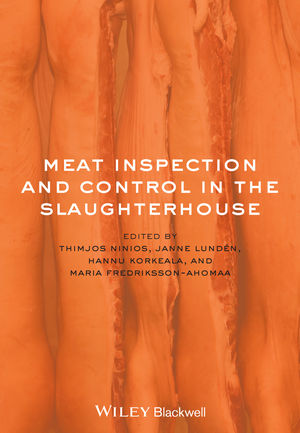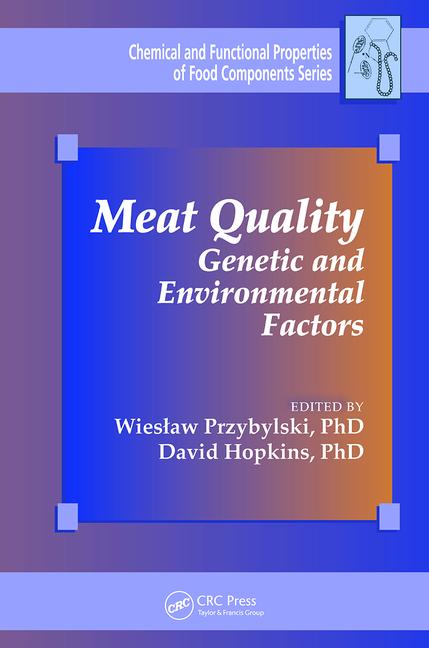USDA announces Farmer Fair Practices Rules; meat industry responds with harsh criticism
The U.S. Department of Agriculture's Grain Inspection, Packers and Stockyards Administration (GIPSA) announced updated regulations to protect the rights of farmers. The Department states that the Farmer Fair Practices Rules “target the most harmful practices hurting farmers and clearly outlines common sense protections to restore fairness and reduce the burden for farmers seeking justice under the Packers and Stockyards Act. This is the most recent action in the Obama's Administration's efforts to level the playing field for all Americans.”
"For years, American farmers have been calling for protections against the most damaging unfair and deceptive practices confronting family farms across the country," said Agriculture Secretary Tom Vilsack. "Poultry growers in particular are vulnerable to market risks and concentration in the processor market. All too often, processors and packers wield the power, and farmers carry the risk. Today, USDA is taking a big step toward providing the protections that farmers deserve and need."
The Farmer Fair Practices Rules are comprised of an interim final rule and two proposed rules GIPSA today sent to be published in the Federal Register. The interim final rule will affirmatively establish the Department's long time position that it is not necessary to demonstrate that an unfair practice harms the entire market in order to prove a violation of the Packers and Stockyards Act. Such overly broad interpretations have put family farmers at a disadvantage for decades when pursuing their rights under the Act.
The proposed rule regarding unfair practices would clarify what GIPSA views as practices that clearly violate the Act and would establish criteria to protect the legal rights of farmers. The third proposal would establish criteria that GIPSA would consider in determining whether a live poultry dealer has engaged in a pattern or practice to use a poultry grower ranking system unfairly.
The North American Meat Institute called the rules “misguided and harmful to livestock and poultry producers, and to the 95 percent of American consumers who enjoy meat and poultry products, according to the North American Meat Institute.”
NAMI said that the interim final rule would make agreements between packers and livestock producers legally risky and would make it easier for producers to file specious lawsuits and win them.
“The practical effect of such a change will be to make it legally riskier to enter into marketing agreements, which in turn, will affect the supply of meat and poultry produced in ways consumers are seeking,” said Meat Institute President and CEO Barry Carpenter. “This last-minute move to rush a rule out before an administration change will not only limit consumer choice, it is a kick in the teeth of innovative, consumer-focused livestock and poultry producers who rely on these agreements to help manage business risk.”
The National Chicken Council stated that the rules would “strangle” poultry and livestock producers and could force farmers out of the chicken business.
"The vast majority of chicken farmers in rural America are happy and prosper raising chickens in partnership with companies, and they don't want the government meddling on their farms and telling them how they should run their businesses,” NCC President Mike Brown said in a statement. “Business under the current contract structure has given thousands and thousands of farm families the opportunity to live in rural America and operate profitable businesses that allowed them to build nice homes, expand other aspects of their farm enterprises and put their children through college.
"These rules, however, could lead to rigid, one-size-fits-all requirements on chicken growing contracts that would stifle innovation, lead to higher costs for consumers, and cost jobs by forcing the best farmers out of the chicken business. The interim final rule on competitive injury would open the floodgates to frivolous lawsuits.
"Some of these provisions would also have a detrimental impact on the welfare of the birds by eliminating competition and the incentive to provide the best care possible on the farm. The performance-based contract structure of modern poultry production was instinctively designed to put the well-being of the birds as the top priority, as incentives are given to farmers who raise the healthiest birds, take risks and work hard. It incentivizes farmers to do their best, to compete, just like every other business in America or any other free market.
"Let's call the recently rebranded 'Farmer Fair Practices Rules' what they really are - the 'Gift to Trial Lawyers Rules' that USDA is trying to get rammed through in the last weeks of this administration, ignoring years of congressional intent in the process. In fact, the current GOP platform on which President-elect Trump ran clearly states that, 'We oppose the policies pushed by special interest groups seeking to stop or make more expensive our current system of safe, efficient, and humane production of meat. Congress has repeatedly had to block the current Administration's draconian rules concerning the marketing of poultry and livestock. This regulatory impulse must be curbed, not on a case-by-case basis, but through a fundamental restructuring of the regulatory process.'
"Today's livestock and poultry contracting and marketing practices all remain regulated by GIPSA, which administers and enforces the Packers and Stockyards Act to protect farmers, ranchers and consumers. Add to that every farmer's right to go to court to challenge provisions of a contract the farmer considers unfair.
"We will be reviewing these rules with a fine-tooth comb and providing comments to the agency. Beyond that, all options are on the table. We will be working with the new administration and Congress to create jobs and help rural America prosper, rather than imposing more government regulations that stifle business and growth and threaten American jobs."
The national Pork Producers Council has perhaps the harshest criticism of the rules, calling them an attack on rural America for helping to elect Donald Trump as the incoming President. The NPPC stated it would work with the Trump Administration to repeal the “unnecessary, destructive and illegitimate midnight rule.”
“I can’t imagine a more devastating regulation on an industry,” said NPPC CEO Neil Dierks. “The rule, which creates legal uncertainty, will destroy opportunities for many in the U.S. pork industry, with no positive effect on competition, the regulation’s supposed goal.”
Sources: USDA, NAMI, NPPC, NCC
Looking for a reprint of this article?
From high-res PDFs to custom plaques, order your copy today!







